


Fall River Press and the distinctive Fall River Press logo
are registered trademarks of Barnes & Noble, Inc.
2004 by Gusto Company AS
Designed by Allen Boe
Illustrations by Allen Boe and AnnDra Boe
All rights reserved. No part of this publication may be reproduced, stored in a retrieval system, or transmitted, in any form or by any means, electronic, mechanical, photocopying, recording, or otherwise, without prior written permission from the publisher.
ISBN 978-1-4351-3903-9 (e-book)
1 3 5 7 9 10 8 6 4 2
For information about custom editions, special sales, and premium and corporate purchases, please contact Sterling Special Sales at 800-805-5489 or specialsales@sterlingpublishing.com
www.sterlingpublishing.com
INTRODUCTION
If your schooldays were the happiest days of your life, you either had a great time and learned nothing or youve had a miserable existence ever since. Maybe you were the kind of pupil who, when asked to explain the theory of gravity, threw your teacher out of the window.
Can you name 10 United States presidents or explain plate tectonics to your granny? Do you know who invented the Post-It note and how to add fractions? Have you ever attempted to read James Joyces Ulysses?
Thats why this little book shouldnt ever leave your backpack (cant bear to throw it away, huh?). Its packed with all that stuff that you should have learned at school when you were too busy with... um... other stuff.
Heres your chance to bone up on 50 of the big ideas you might have heard of if you hadnt been screwing off, smoking behind the bike racks, sleeping, or just being plain stupid. It wouldnt kill you to have a second chance, would it?
So eyes on the blackboard and pay attention!
ENGLISH
Outside of a dog, a book is a mans best friend and inside of a dog, its too dark to read.
Groucho Marx

 Literary Criticism and Theory
Literary Criticism and Theory
 Literary Forms and Terms
Literary Forms and Terms
 Geoffrey Chaucer
Geoffrey Chaucer
 The Chopping Bard: Ten Shakespeare Plays
The Chopping Bard: Ten Shakespeare Plays
 Goethe
Goethe
 Fifty-Four Great Poets
Fifty-Four Great Poets
 One Hundred Must-Read Novels
One Hundred Must-Read Novels
 Ten Spelling Tips
Ten Spelling Tips
 Ten Grammar Tips
Ten Grammar Tips
 James Joyce and Ulysses
James Joyce and Ulysses
Literary Criticism and Theory
Literary criticism is the interpretation and evaluation of the literary qualities of a text with reference to personal and cultural significance, the use of language, and the aesthetic effect, and placing the text within the context of genres and literature as a whole. Literary theory examines the nature of literature itself (asking questions such as What is literature?) and its purpose and functions, and attempts to understand the frames of reference applied to judgments of literature.
Different schools, or types, of literary theory and criticism take individual approaches to understanding texts. Here are the broad schools that have been most influential during the last century.
New Criticism:
New Criticism started in the late 1920s and proposed that a work should be judged and interpreted by detailed reference to the text alone; it should be treated as an autonomous entity, separate from other factors such as the authors biographical details or intended meaning. This approach opens up the text to rich ambiguity and many simultaneous meanings.
Archetypal/Myth Criticism:
Archetypal, or Myth, Criticism involves viewing the text and its genre, plots, and characters in terms of recurrent archetypes or mythic patterns that Carl Jung described as primordial images, a common language of symbols that is passed down from generation to generation, inherited in our collective unconscious. It treats literature as an active process that involves the reader at a deep psychological level because he or she brings experience of these symbols to a reading of the text.
Psychoanalytic Criticism:
Psychoanalytic Criticism applies modern psychological ideas (particularly those of Sigmund Freud) to the study of literature and often uses them to psychoanalyze the author. This literary movement also applies psychological principles to interpret the motivations and conflicts of the characters.
Marxist Criticism:
Marxist Criticism is based on the philosophical, political, and economic theories of Karl Marx and Friedrich Engels, who believed that it is not the consciousness of men that determines their existence... but their social existence that determines their consciousness. Therefore, Marxist critics always interpret the form and content of a text in the context of the historical, economic, and sociological forces that shaped it.

Russian Formalism:
Russian Formalism, a diverse linguistic movement that began in the 1920s, viewed literature as being composed of an autonomous, largely self-referential language, a sum of literary and artistic devices, as distinct from ordinary spoken language, which is largely functional. Its focus is to define and analyze the unique features and functions of this formal poetic language.
Structuralism:
Structuralism is a way of viewing the world (and literature) that places more importance on the structures that link individual elements than the elements themselves, which have no intrinsic importance or even existence in isolation. Everything in the world is textual in the sense that it is composed of signs and ordered according to a pattern of relationships. This approach has helped take literature off its pedestal and allowed a wider study of textuality in more popularist forms of writing.
Post-Structuralism and Deconstruction:
Post-Structuralism and Deconstruction was a reaction to Structuralism. It aimed to view a text as having no knowable center or meaning but an infinite set of meanings, rendering any attempt to take meaning from the structure as futile and, in fact, meaningless. It can also be crudely summed up as death to the author the idea that once a text has been written, it ceases to be the domain of the author and cannot be read as communicating a single message, but will present many coexisting and conflicting with each other. This school of thought also tries to demonstrate that binary ideas, such as maleness and femaleness, or good and evil, are not polar but fluid and exist on a continuum.
Next page

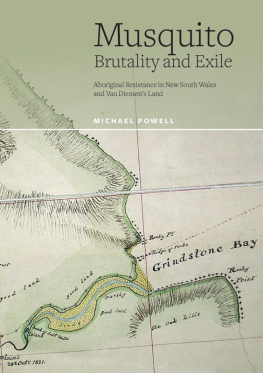
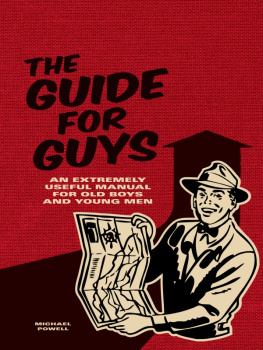
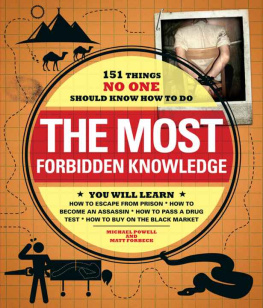


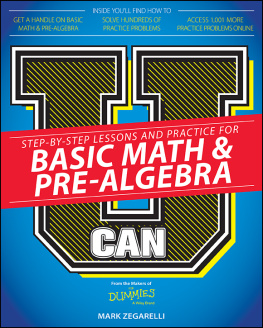
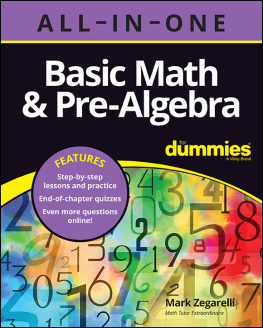

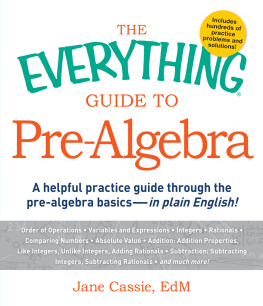
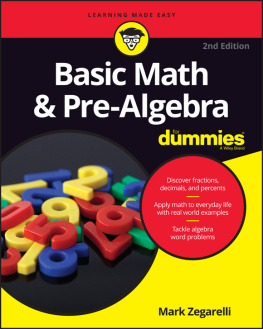
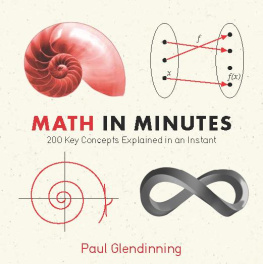
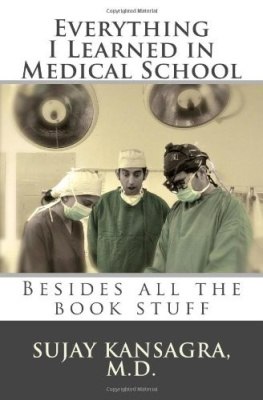




 Literary Criticism and Theory
Literary Criticism and Theory